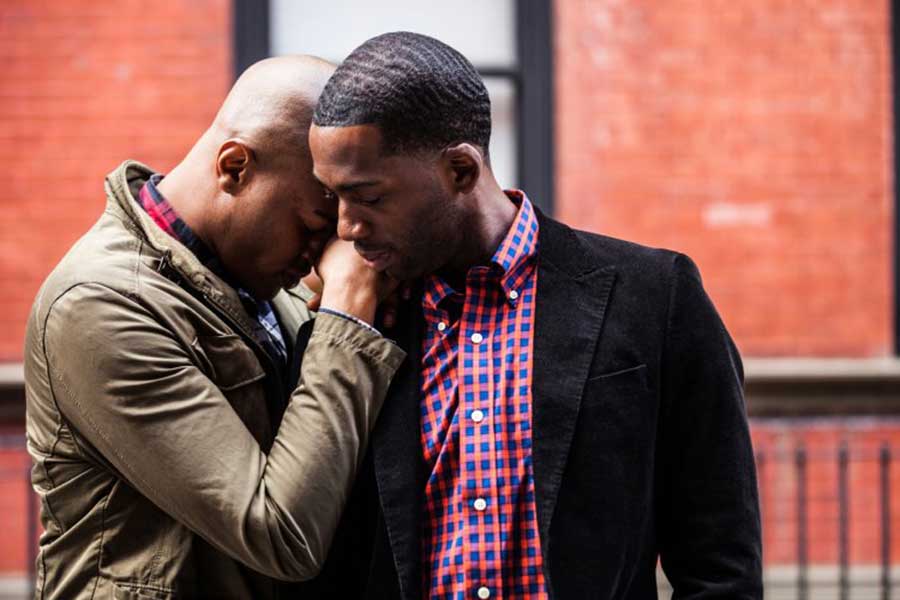In February 2016, the Centers for Disease Control and Prevention (CDC) released a report where they projected that one in two black men who have sex with men (MSM) and one in four Latino MSM would be diagnosed with HIV in their lifetime. In Philadelphia, estimates suggest that 32 percent of black and 19 percent of Latino MSM have HIV. This is not far from the CDC estimate. Additionally, a CDC Issue Brief in September 2016 stated that transgender people, particularly transgender women, are vulnerable to HIV infection. Available evidence suggests that, in relation to their population size, transgender women are among the most heavily affected populations in the United States. So how do we approach prevention in a new way that can change the path of the CDC’s projections?
The Philadelphia Department of Public Health, AIDS Activities Coordinating Office (AACO) recently received a four-year grant from the CDC. Through this support, AACO launched CLUB 1509, an innovative project that not only provides enhanced access and support for cutting-edge prevention, but also looks at persons at high risk for HIV holistically, considering the full context of their lives. Studies have found that sexual-risk behaviors are the same for all racial/ethnic groups of MSM. However, the standard tools of HIV prevention including treating HIV-positive people with medications to reduce the risk of transmission; use of pre-exposure prophylaxis (PrEP) and post-exposure prophylaxis to prevent new infections, condom use and other risk-reduction strategies are not enough by themselves. It also requires addressing barriers such as poverty, substance use, housing and food insecurity.
Studies show that high rates of stigma and poverty among black and Latino MSM and transgender persons of color are contributing to higher rates of HIV infection. People make decisions about their sexual health and behavior based on their social, mental, emotional, educational and housing needs. For example, condom negotiation and prevention options become difficult when having to choose between having a place to stay or using a condom with the person you’re staying with. Most would choose having a place to stay, and thus, have no choice but to take risks to assure their financial stability. CLUB 1509 seeks to address these real-world situations.
Entry into CLUB 1509 begins with HIV testing. Built on Philadelphia’s existing HIV-testing program, MSM and transgender persons of color who receive an HIV test can access navigation services. These services are designed to guide individuals to fully access HIV health and prevention services. Navigation services will be provided by a prevention navigator and an assistant-prevention navigator who will provide one-on-one, “hands-on” guidance, engagement and support to eligible individuals in need of services. The navigators will not only refer to HIV treatment or PrEP but also to programs addressing social, educational and behavioral-health barriers that may get in the way of using effective prevention strategies. Assistant-prevention navigators will not only assist clients with scheduling appointments, they will also accompany clients to appointments if needed. Participants will receive CLUB 1509 navigation services for up to six months but can remain in services longer if warranted. This assures clients that they not only get into services, but that they have support to help them remain in services. The ultimate goal is to have clients be able to access services on their own without assistance. AACO has funded seven organizations to provide CLUB 1509 navigation services (Ambulatory Health Services, Action Wellness, BEBASHI, COLOURS, Mazzoni Center, Kensington Hospital and Philadelphia FIGHT). In addition, collaborating agencies will provide job placement, educational opportunities and other non-traditional approaches to preventing HIV. We believe that CLUB 1509 will change the path of HIV infections in Philadelphia.
HIV prevention requires more than PrEP, condoms and engaging HIV-positive individuals in treatment; programs must take into account an individual’s entire lived experience. CLUB 1509 provides wrap-around services that address barriers to HIV prevention and has the makings of a successful, holistic program. Previous prevention efforts have understood the role of poverty and stigma, but have not supplied resources to address them. CLUB 1509 does. This could very well be what it takes to change the path for black and Latino MSM and transgender persons of color.
For more information on HIV-preventative services and CLUB 1509, visit the “Do you, Philly!” website at www.doyouphilly.org.
Maurice McCants-Pearsall, MBA, serves as a project coordinator for the Philadelphia Department of Public Health, AIDS Activities Coordinating Office. Pearsall holds a BA in human services from Audrey College, an MBA from Regents College of the University of London and a PBLS from Howard University School of Law.
